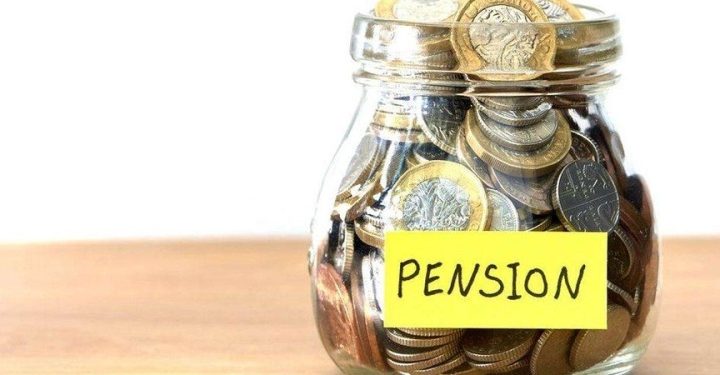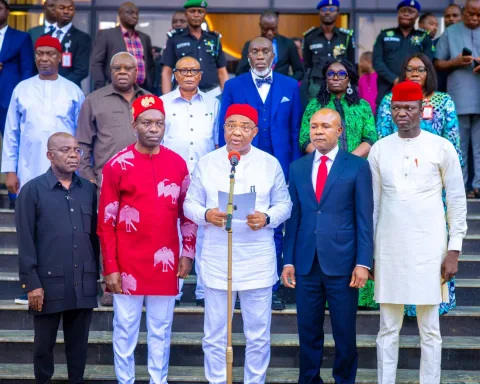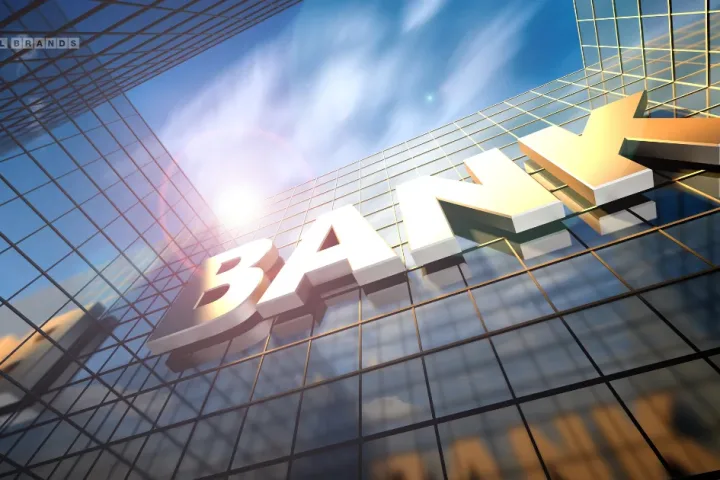The Federal Government has announced a surge in the price of natural gas, a crucial component in power generation, stirring concerns over an imminent electricity tariff hike.
Effective immediately, the new rate for natural gas stands at $2.42 per metric million British thermal units (mmbtu), marking a notable increase from the previous $2.18/mmbtu.
Join our WhatsApp Channel“Given the rise in natural gas prices, there’s a strong possibility of revisiting electricity tariffs,” stated an official from the Nigerian Electricity Regulatory Commission (NERC), hinting at potential adjustments to reflect the heightened costs of production.
Nigeria, heavily reliant on thermal power plants fueled by gas, generates more than 70% of its electricity through this method. Consequently, any fluctuations in gas prices directly impact the cost of electricity production, a burden eventually shouldered by consumers.
The Nigerian Midstream and Downstream Petroleum Regulatory Authority (NMDPRA) spearheaded the announcement of the revised gas prices, unveiling the new domestic base price and wholesale rates for 2024.
READ ALSO: Economist Backs Nigerian Senate’s Rejection Of Plans To Increase Electricity Tariff
According to Farouk Ahmed, Chief Executive of NMDPRA, the adjustments align with regulatory frameworks established by the Petroleum Industry Act 2021, aimed at fostering a market-based pricing regime within the domestic gas sector.
“The Petroleum Industry Act provides a clear roadmap for regulating the pricing of domestic gas, ensuring it’s both competitive and sustainable,” emphasized Ahmed.
Gas producers, both international and domestic, have consistently advocated for upward revisions in gas prices, citing the need for incentives to bolster production levels. The latest adjustments, although expected, underscore the delicate balance between ensuring profitability for producers and averting undue financial strain on consumers.
Echoing sentiments expressed in the Petroleum Industry Act, the NMDPRA emphasized the necessity of setting prices at levels conducive to stimulating gas supplies while remaining competitive with global benchmarks.
In light of these developments, stakeholders anticipate a thorough review of electricity tariffs by the Nigerian Electricity Regulatory Commission, aimed at aligning costs with the prevailing economic landscape.
As discussions unfold, the focus remains on striking a balance between promoting sustainable energy practices and safeguarding the interests of electricity consumers nationwide.
The surge in gas prices serves as a poignant reminder of the intricate interplay between energy markets and consumer welfare, underscoring the need for pragmatic policies to navigate these challenges effectively.
Emmanuel Ochayi is a journalist. He is a graduate of the University of Lagos, School of first choice and the nations pride. Emmanuel is keen on exploring writing angles in different areas, including Business, climate change, politics, Education, and others.



















Follow Us